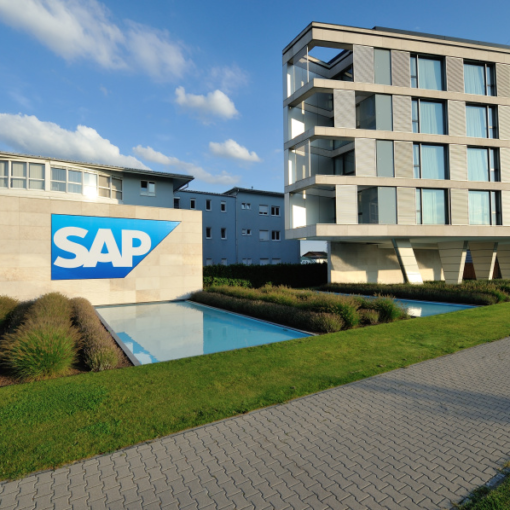How SAP Empowers the SAP in pharmaceutical industry ?

The SAP in pharmaceutical industry, dedicated to developing and delivering life-saving drugs, operates in a complex and highly regulated environment. To maintain efficiency, compliance, and ensure patient safety, robust solutions are essential. This is where SAP (Systems, Applications, and Products) emerges as a powerful ally, offering a comprehensive suite of tools to empower every stage of the pharmaceutical lifecycle.
SAP Best Practices: Unlocking Efficiency and Innovation
Aligning with Industry Needs:
The pharmaceutical industry faces unique challenges:
- Strict regulations: Compliance with stringent regulations like Good Manufacturing Practice (GMP) and Good Clinical Practice (GCP) is paramount.
- Supply chain complexity: Managing a global supply chain with diverse stakeholders and ensuring traceability is crucial.
- Research and development (R&D) efficiency: Optimizing R&D processes to accelerate drug discovery and development is vital.
- Data management: Effectively capturing, analyzing, and leveraging vast amounts of data is critical for informed decision-making.
SAP Solutions: Addressing SAP in pharmaceutical industry Challenges:
SAP offers a range of integrated solutions that address these specific challenges:
- Enterprise Resource Planning (ERP): Streamlines core business processes such as finance, accounting, human resources, and production planning, ensuring smooth operations and efficient resource allocation.
- Supply Chain Management (SCM): Provides end-to-end visibility and control over the supply chain, from raw materials to finished products, ensuring traceability, compliance, and timely delivery.
- Product Lifecycle Management (PLM): Manages the entire product lifecycle, from R&D and clinical trials to manufacturing and distribution, ensuring quality control and regulatory compliance.
- Customer Relationship Management (CRM): Enhances customer interactions and fosters stronger relationships with healthcare professionals, distributors, and patients.
- Business Intelligence (BI): Provides insights from vast data sets, enabling data-driven decisions for product development, market analysis, and resource optimization.
Beyond Efficiency: Additional Benefits of SAP in pharmaceutical industry:
- Enhanced Compliance: SAP solutions facilitate adherence to regulatory requirements, minimizing compliance risks and ensuring patient safety.
- Improved Collaboration: Streamlined workflows and information sharing across departments and external partners foster better collaboration and innovation.
- Increased Visibility: Real-time insights into operations, supply chains, and financial performance empower informed decision-making.
- Reduced Costs: Streamlined processes and improved operational efficiency can lead to cost savings and resource optimization.
Real-World Examples: How Leading Pharma Companies Utilize SAP:
- Pfizer: Leverages SAP for integrated supply chain management, streamlining production and distribution processes for life-saving medications.
- Novartis: Employs SAP solutions to manage clinical trials, ensuring data integrity and regulatory compliance.
- Roche: Utilizes SAP for comprehensive product lifecycle management, ensuring quality control and efficient product development.
Conclusion:
In today’s dynamic and competitive pharmaceutical landscape, embracing innovative solutions is crucial. SAP’s integrated suite of tools empowers pharma companies to streamline operations, enhance compliance, and accelerate drug development, ultimately contributing to improved patient care and a healthier future.
You may be interested in:




